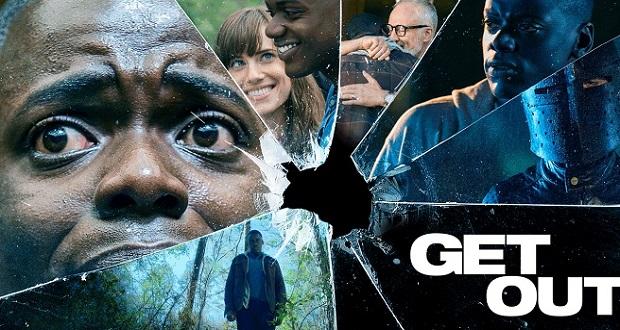
Actor turned writer-director Jordan Peele’s debut movie Get Out, made history this month by surpassing the $200 million worldwide box office mark. This is a huge accomplishment for the entertainment world because Mr. Peele will now be one of six African American directors whose film has grossed that amount or higher. For those who have yet to see the film (I promise I won’t spoil the ending), Get Out takes us on a ride down the polarizing topic of race in America when an African American male, Chris, goes with his Caucasian girlfriend, Rose, to her parents’ house for the weekend. The family seems to be overly accommodating initially, which Chris believes is just an attempt to mask their true feelings about their daughter’s interracial relationship. However, as time advances, Chris begins to unearth disturbing realities about the family’s “accommodations” that he wasn’t fully prepared for. Travis Jones, our Principal Strategist on Race and Culture, gave his analysis of the film a few weeks back.
What’s even more important than the monetary accomplishment of Mr. Peele, is the fact that the multimedia space and its producers are making it easier, now more than ever to begin to have bold and inclusive conversations around topics that are generally taboo. Directors such as M. Night Shyamalan (Indian), Ki-duk Kim (Korean), and Asif Kapadia (Muslim) to name a few, have all created films that force its viewers to challenge perspectives, think introspectively, and confront questions that may be emotionally charging. During Mr. Peele’s interview with The Hollywood Reporter he stated, “The power of the story…is really all you need to speak to people.” As these films continue to break world records, the power in sharing these stories, and moreover, discussing them, becomes stronger. (We talk about this in this week’s feature.).
These films, coupled with Mary-Frances Winters new book, We Can’t Talk About That at Work!: How to Talk About Race, Religion, Politics, and Other Polarizing Topics, supports diversity and inclusion practitioners (or anyone for that matter) in embarking on bolder, more inclusive journeys.
Have you seen Get Out or any other “taboo” films lately? What were your thoughts? How have you used movies, pop culture to encourage dialogue?


















